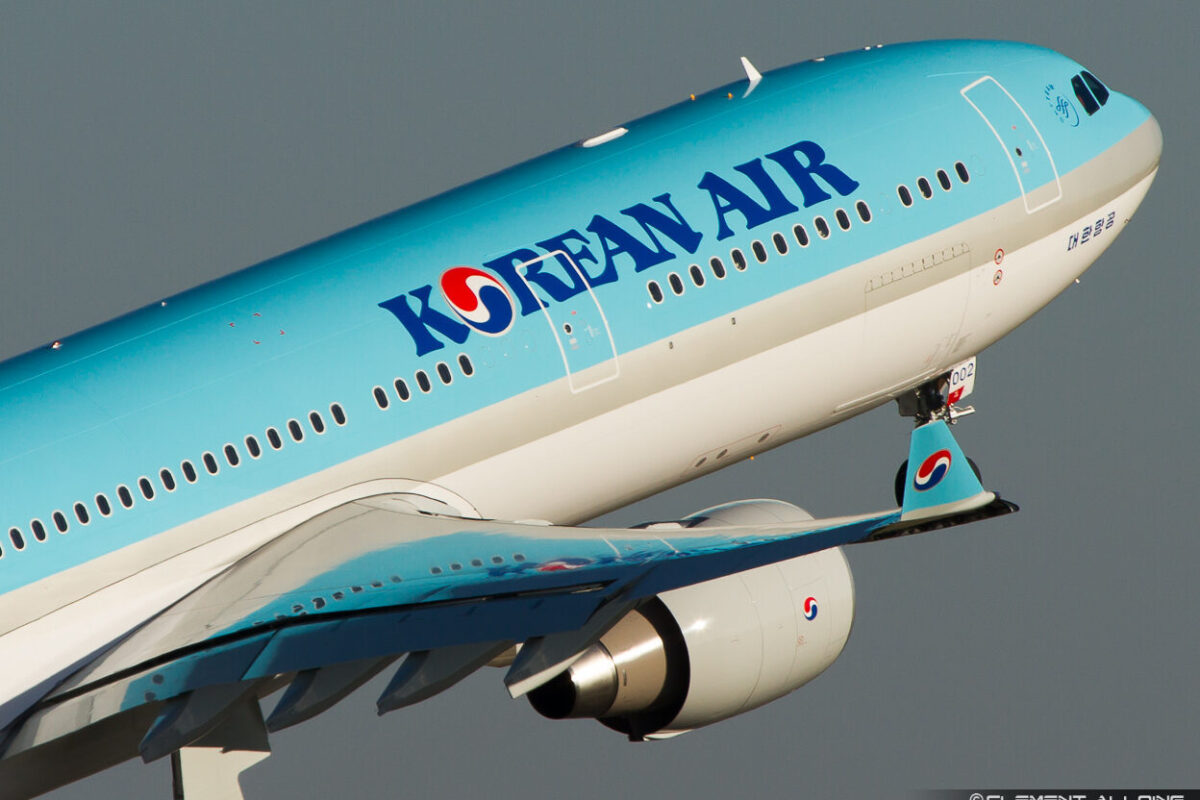Skift Take
Any celebration in Seoul will likely be muted, as airline chiefs know the biggest regulatory challenges are yet to come.
The creation of a new Asian super-airline has taken a step closer. On Wednesday, Japanese regulators approved Korean Air’s proposed merger with local rival Asiana Airlines.
Given the size and potential impact of the deal, the courting carriers need to seek regulatory approval from global authorities. The green light from the Japan Fair Trade Commission (JFTC) is the first new endorsement of the tie-up in almost a year.
Japan is the 12th out of 14 regulators to approve the deal. However, the final two competition boards will be the toughest to please. Both the United States and the European Union have raised concerns and heaped extra scrutiny on the implications of any partnership.
A Long-Haul Transaction
In November 2020, at the peak of the Covid-19 crisis, Korean Air said it wanted to acquire a controlling stake in Asiana. The start of the formal process to global regulators began in January 2021, and this is when Korean Air first submitted its plan to the JFTC. A follow-up document containing additional market and economic analysis was presented in August 2021.
During the past three years, Korean Air has had to address concerns raised by the JFTC, while simultaneously keeping the other 13 stakeholders happy.
As a condition of its approval, officials in Tokyo asked for pro-competitive changes to be made on routes between South Korea and Japan. The focus is on services where the combined market share of the two carriers and their respective subsidiaries – Jin Air, Air Busan, and Air Seoul – would limit competition.
It was confirmed on Wednesday that Korean Air would forfeit existing airport slots on seven affected routes, and make these available to rival operators.
Where Next for the Merger?
Korean Air says it is “committed to constructive dialogue” with E.U. and U.S. regulators to “obtain approvals at the earliest opportunity.” The Europeans are considered to be closer to approving the deal than their counterparts in Washington D.C.
Türkiye was the first to approve the deal back in February 2021, followed by Taiwan, Thailand, The Philippines, Malaysia, and Vietnam later that year. Nods from South Korea, Singapore, Australia, and China came in 2022, while the U.K. said yes last year.
If realized, the combined business would create the 10th largest airline globally by fleet size. The more dominant Korean Air brand would remain and Asiana’s corporate identity would be phased out as the merger concludes. It is unclear what will happen to the marketing positioning of the various subsidiary airlines.
What Will it Mean for Passengers?
Along with the well-documented competition concerns, the deal would also bring big changes to passengers. Korean Air is a founding member of SkyTeam, while Asiana belongs to rival Star Alliance. The merger would see Asiana’s assets absorbed into Korean Air and the carrier surrender its current membership.
The two carriers and their associated sub-brands already yield huge control in one of the world’s busiest air travel markets. New data released this week showed Seoul as ranking highly in a list of global top 10 busiest routes.
The development follows other high-profile merger and acquisition activity across the global airline industry. In the U.S. earlier this month, a judge blocked a tie-up between JetBlue and Spirit, while Alaska Airlines and Hawaiian’s partnership is still pending.
In Europe, flag carriers TAP Air Portugal, ITA Airways, and SAS Scandinavian Airlines have all been subject to recent takeover talks.
The Daily Newsletter
Our daily coverage of the global travel industry. Written by editors and analysts from across Skift’s brands.
Have a confidential tip for Skift? Get in touch
Tags: asiana airlines, consolidation, japan, korean air, regulators, south korea
Photo credit: Clément Alloing/Flickr Clément Alloing / Flickr
